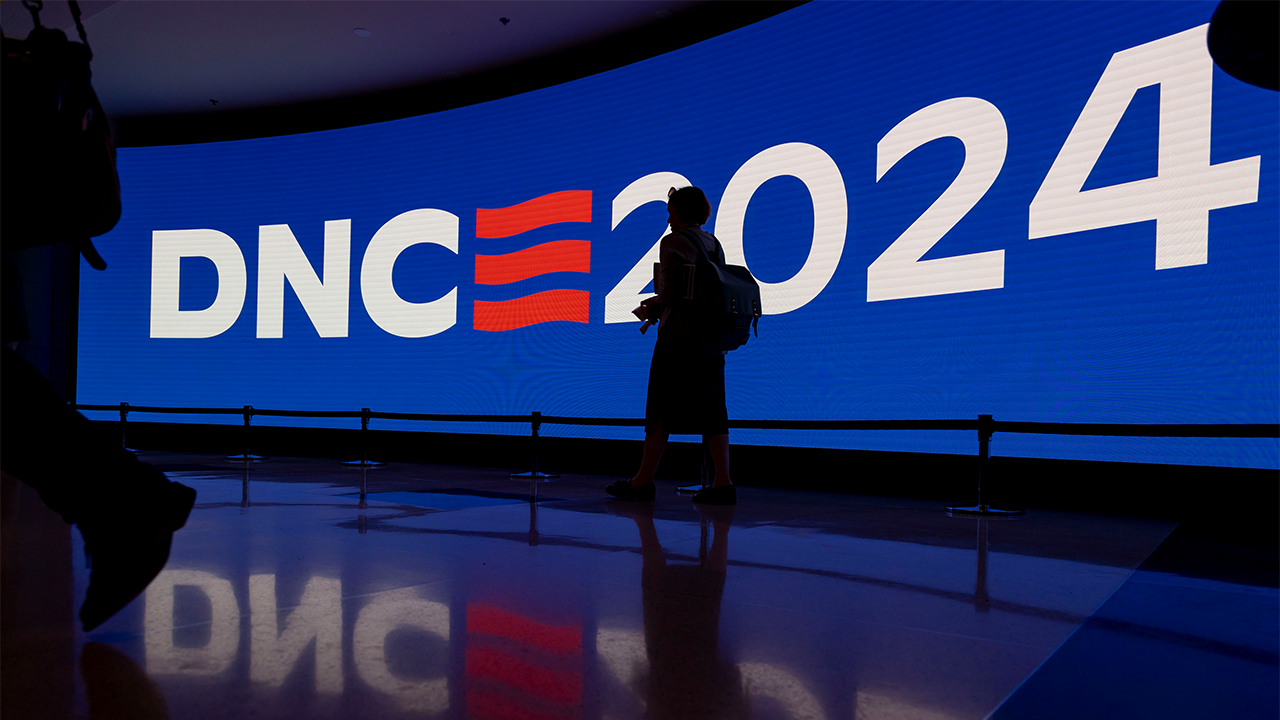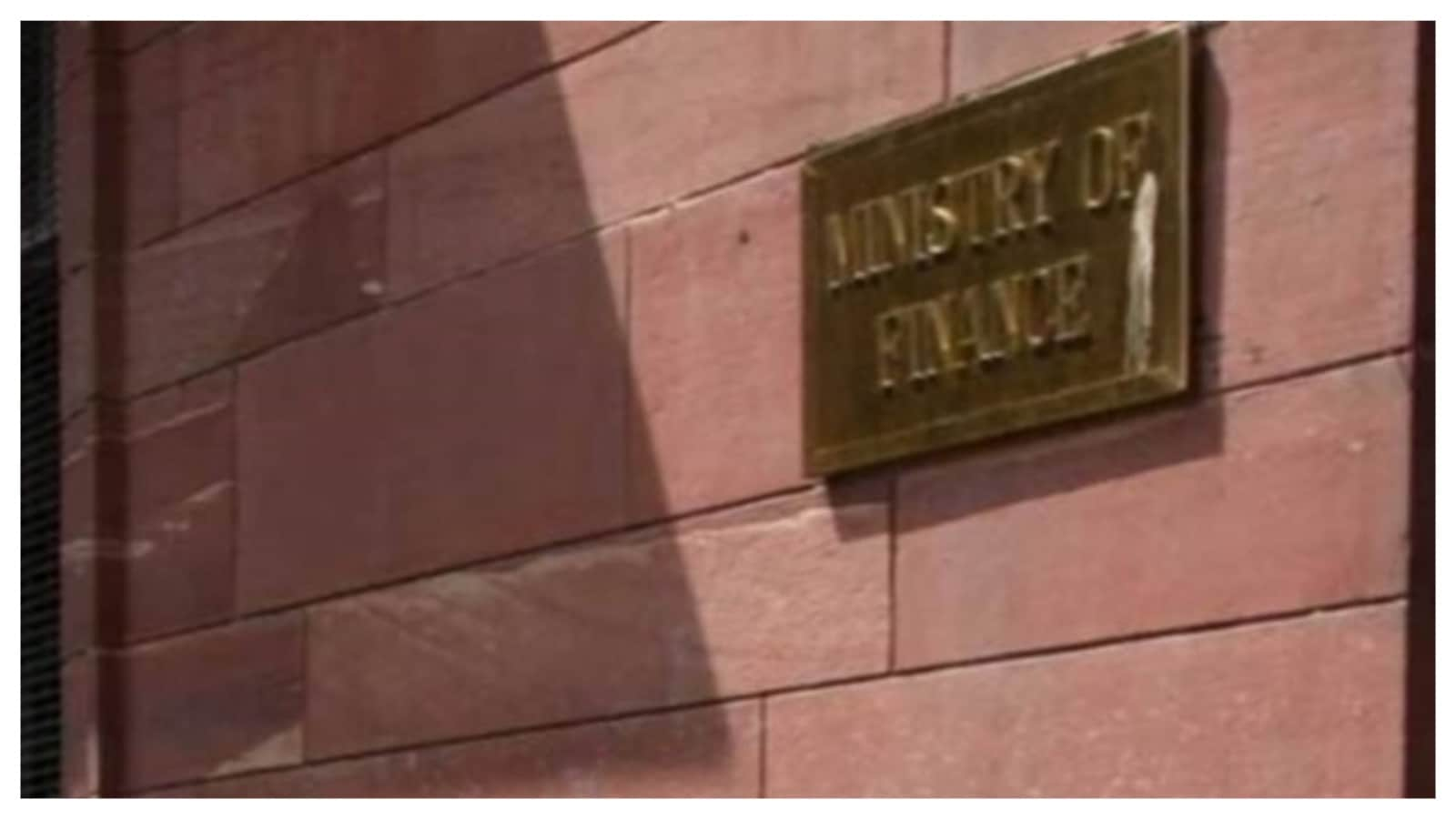Supreme Court Case Threatens Campaign Finance Rules: Dems Pledge Fierce Resistance

A pivotal Supreme Court case is set to revisit long-standing federal campaign finance regulations, sparking a fierce battle between Democrats and Republicans. The court has agreed to hear a challenge brought by Republican groups questioning the constitutionality of current spending limits. Democrats are warning that a ruling in favour of the challengers could fundamentally reshape the American political landscape, potentially unleashing a flood of unlimited money into elections.
The Core of the Dispute: Campaign Spending Limits
At the heart of the case lies the question of whether restrictions on campaign spending violate free speech principles. Current laws, largely shaped by the Bipartisan Campaign Reform Act of 2002 (McCain-Feingold Act), place limits on how much individuals and organisations can contribute directly to candidates and coordinate spending on political advertising. The challenge before the Supreme Court argues that these limits are unconstitutional, claiming they stifle political expression and unfairly restrict the ability of groups to advocate for their preferred candidates.
Democrats' Concerns: A Flood of 'Dark Money'
Democrats are deeply concerned that a Supreme Court decision striking down these limits would open the door to an unprecedented surge of “dark money” – undisclosed funding from corporations, unions, and wealthy individuals – into elections. They argue that such a scenario would give disproportionate influence to the wealthiest interests, drowning out the voices of ordinary citizens and undermining the fairness of the democratic process. Several prominent Democratic figures have already vowed to fight the challenge “tooth and nail,” arguing that it represents a thinly veiled attempt to rig the system in favour of the Republican party.
Republicans' Perspective: Protecting Free Speech
Republicans, on the other hand, contend that campaign finance laws are an infringement on First Amendment rights. They maintain that spending money to support or oppose a candidate is a form of protected speech and that the government shouldn’t be able to restrict how much individuals or groups can spend to express their views. They believe that lifting these limits would allow for a more robust and open debate about political issues.
The Potential Impact: A New Era of Campaign Finance
The Supreme Court’s decision in this case could have far-reaching consequences for American elections. If the court rules in favour of the challengers, it could lead to a significant increase in campaign spending, a greater role for Super PACs and other independent expenditure groups, and a potential erosion of transparency in political funding. Conversely, upholding the current regulations would preserve the existing framework and limit the influence of big money in elections.
Looking Ahead: A Contentious Legal Battle
Legal experts predict a highly contentious legal battle, with both sides presenting compelling arguments. The Supreme Court’s decision is expected to be closely watched by political observers, campaign finance reformers, and anyone concerned about the future of American democracy. The case underscores the ongoing debate about the role of money in politics and the need for campaign finance reform to ensure a level playing field for all candidates and a more representative government. This case is likely to be a landmark decision, setting the tone for campaign finance regulations for years to come, and potentially requiring further legislative action to address the implications of the court’s ruling.






